What is a VPN and why you should be using one
Find out if it’s worth unlocking the full potential of a VPN
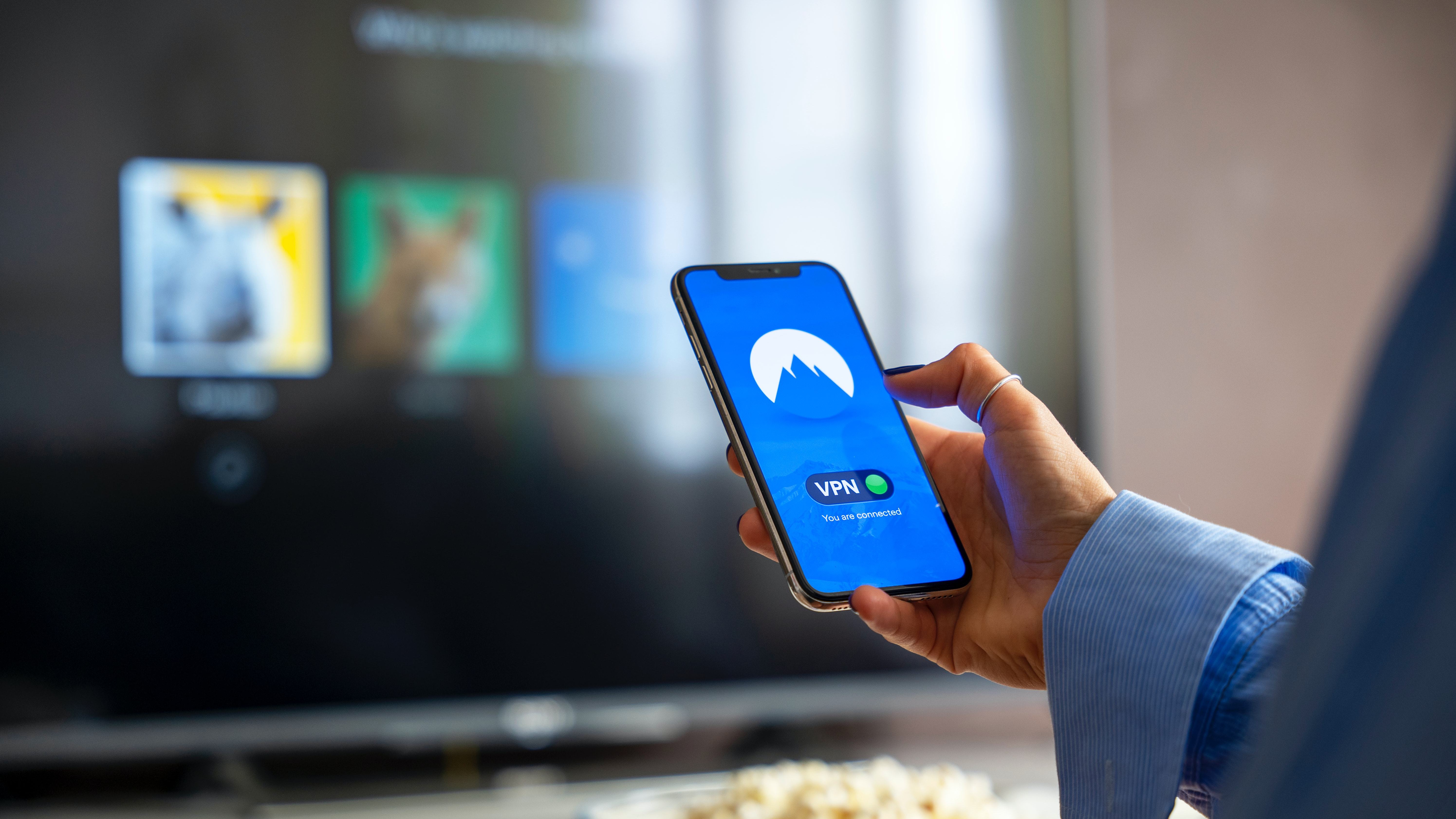
If you’ve recently signed up to a premium VPN service purely to access or stream geo-restricted content, then you might not be getting your money’s worth.
A VPN does more than just let you endlessly browse through country-specific shows on different streaming services; it also provides anonymity when browsing on public Wi-Fi, bypasses region-restricted websites, and keeps your online activity encrypted. But VPN services go one step further by providing split-tunneling, Double VPNs, multiple security protocols that cater for speed or heightened security encryptions. There’s even an “Override GPS location” so users can match the GPS location of the VPN location. That’s a privacy standard many hackers would leave alone.
The question is, do you use all these features? Better yet, do you need any of them? According to statistics from The Best VPN in 2020, 50% of VPN users only use a VPN service to get access to more entertainment content (from streaming to more, erm, x-rated stuff), while 34% need it to get access to social networks and news services, and 31% say it’s to keep anonymity while browsing.
With this in mind, it looks like many VPN users will be paying for a premium service that, despite having many features, is barely used. So it may be time to switch to something a tad cheaper, albeit at the expense of security. Whatever the case, read on to help make up your mind.
But first things first — let’s start with the basics.
What is a VPN?
Accessing the internet with a VPN means making a connection to a VPN server, which acts as a proxy when you’re accessing websites. So instead of your real IP address — given to you by your internet service provider (ISP) to identify you on a website — the internet will only see the VPN server’s IP address and location. What’s more, the VPN server’s IP address changes regularly. It’s like wearing a forever-changing mask that hides your internet activities.
VPN servers are placed around the world, which is why you can access otherwise censored or restricted country-specific websites and content. A VPN can also be seen as an enclosed tunnel, one that offers safe travel for all your data coming to and from a server. Data inside this tunnel is encrypted and encapsulated to make it harder for potential threats to snoop around.
VPN Security: why you should care
While a VPN’s main task is to provide tight security thanks to data encryption and hiding your IP, many VPN services offer varying levels of security, whether that be a default Kill Switch so users are cut off from browsing if the VPN dips out, data encryption strength, or leak protection. Premium VPN services, like ExpressVPN, Surfshark or NordVPN offer the whole nine yards, but free VPNs? Not so much.
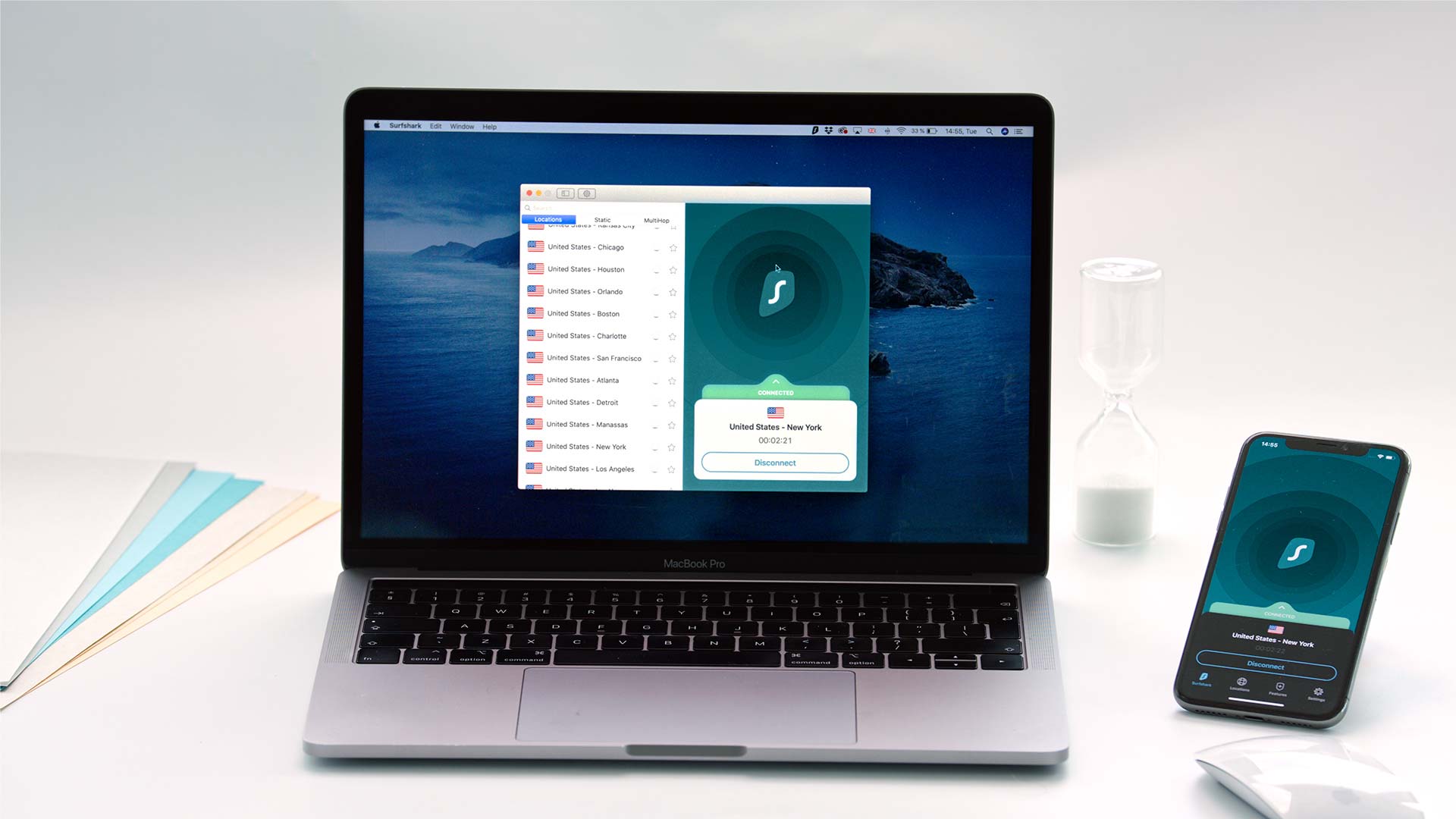
Then again, these money savers can be attractive for those who just want to get past censored sites as they offer a quick download, no sign-ups and, of course, are completely free. However, just because they work doesn’t mean users will be protected. Some free options use weak encryption so attackers can easily access them, or worse, the VPN service could log your data and sell it off. That puts users more at risk than having a VPN in the first place.
Don’t care, free VPNs FTW
As stats suggest, the majority of users just want to stream Netflix content from another country or get to a website their ISP wouldn’t usually provide. We get it, but even if a free VPN isn’t so bad in terms of security measures, these cheaper services often have limitations attached so they can be free (all as a better incentive to upgrade to their premium package).
First off, free VPNs may only offer access to a limited number of servers, meaning certain countries won’t be available unless users get in on the full package. Also, they may limit connection speeds making streaming pointless, and they usually aren’t compatible with many devices — sticking mainly with smartphones or laptops. The best users can hope for is data caps, meaning they’ll get a certain amount of free data to use every month.
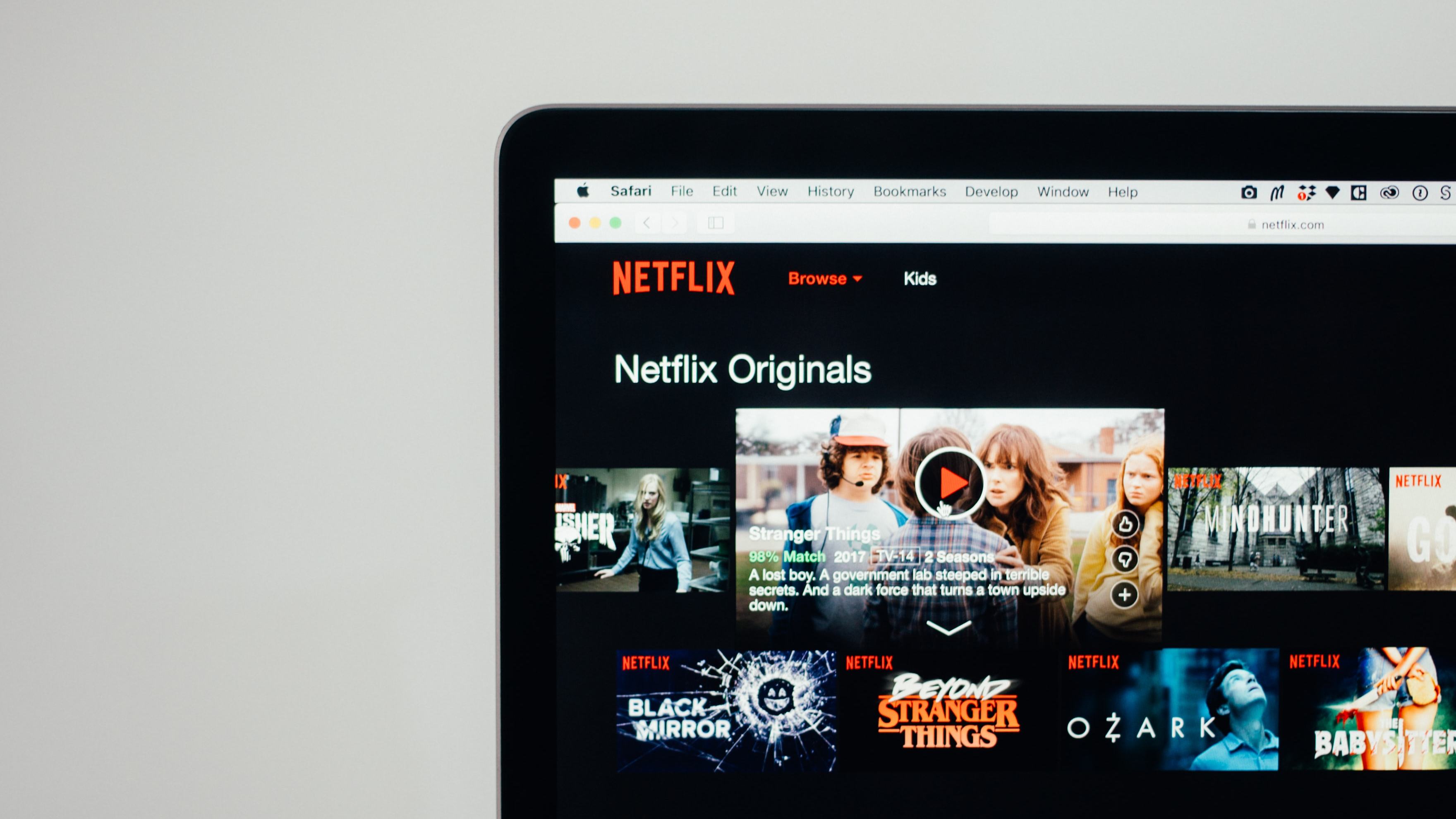
On top of all this, Netflix specifically makes it hard for VPNs to bypass its geo-locked content, and chances are a free VPN can’t access Netflix at all. Premium VPN services have put a lot of effort into making that possible.
Knowing all this, if you’re still looking for a bit of data to use every month to unblock sites to browse through, you’re in luck. Here are three trustworthy and free VPN services worth trying out.
Hotspot Shield
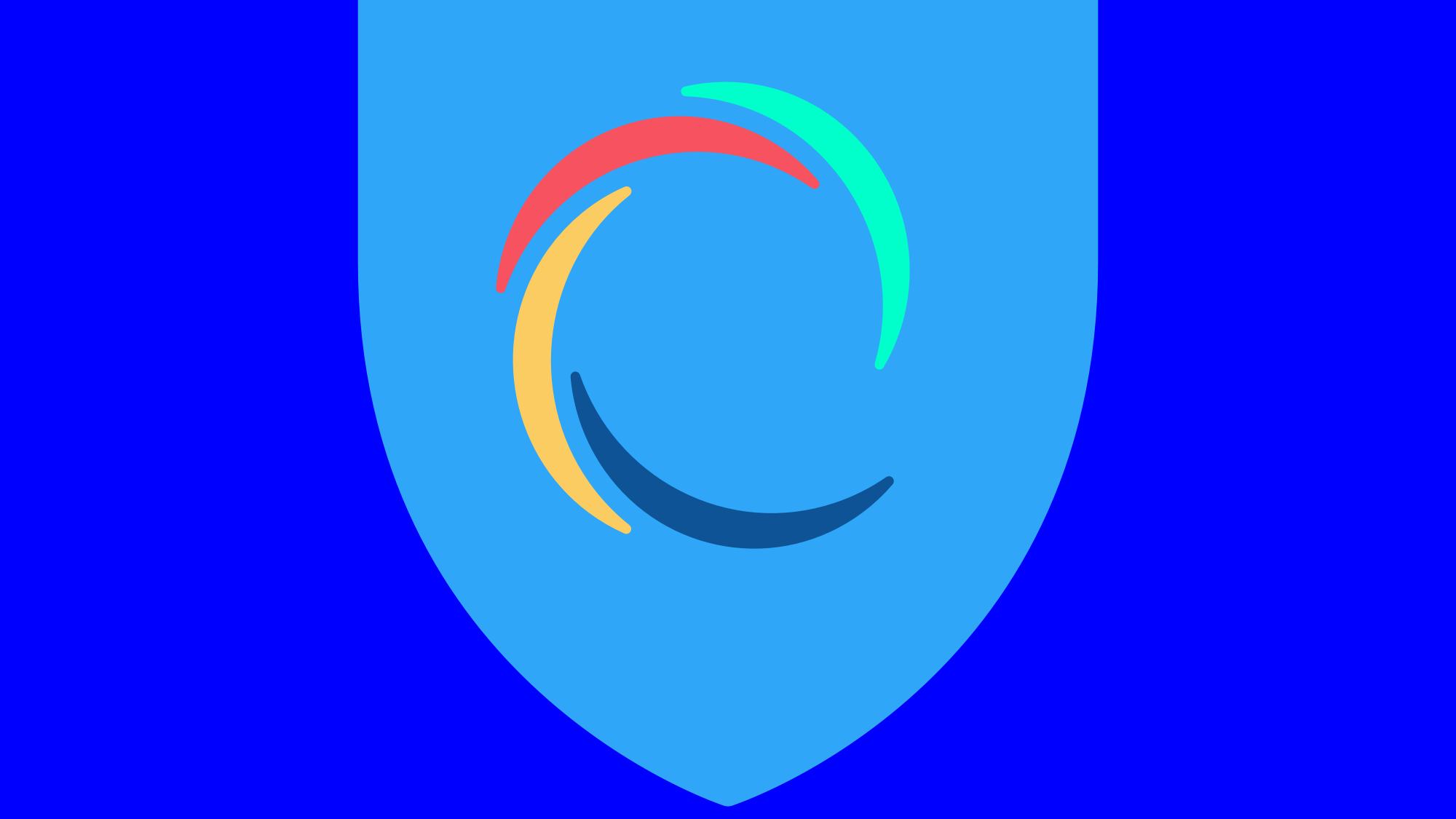
If you can excuse the ads, virtual U.S.-only server usage and daily 500MB limit, Hotspot Shield is the free VPN for you. While its premium service streams blocked Netflix, Amazon Prime or Hulu content, only YouTube can be streamed on its free version. Apart from this, users looking for a way to access otherwise blocked sites that won’t eat up much data with a simple one-click connection will find Hotspot Shield delivers great speeds and security, thanks to its Catapult Hydra protocol, OpenVPN and IPsec options, along with 256-bit encryption and a kill switch.
hide.me
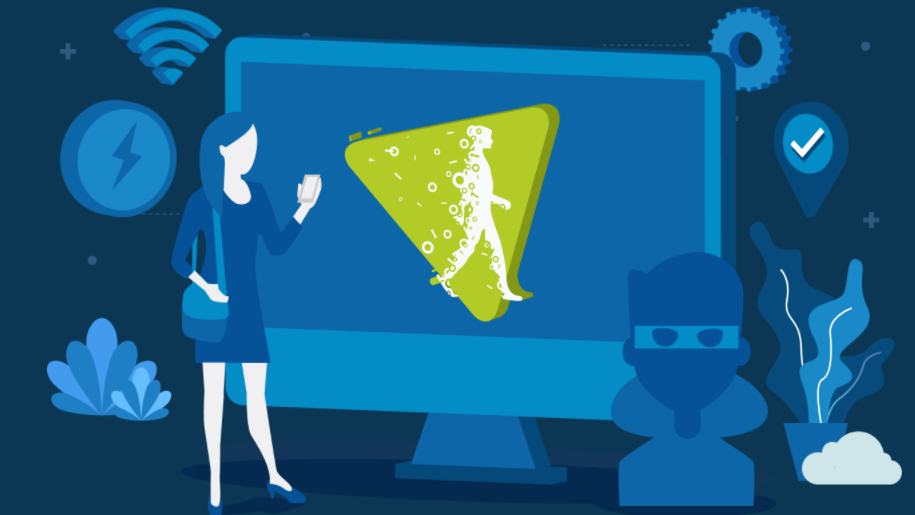
It does exactly what it says on the tin, and then some. With a 2GB data limit per month, hide.me offers access to VPN servers in the U.S., Canada, the Netherlands and Singapore. While 2GB may not be a lot to use, it’s still enough to stream content and surf the web completely anonymously. In fact, users will get access to the BBC iPlayer and Amazon Prime Video. And you can also expect some fast speeds. It might not be the quickest when compared to ExpressVPN’s new Lightway Protocol, still, we’re not complaining.
Windscribe
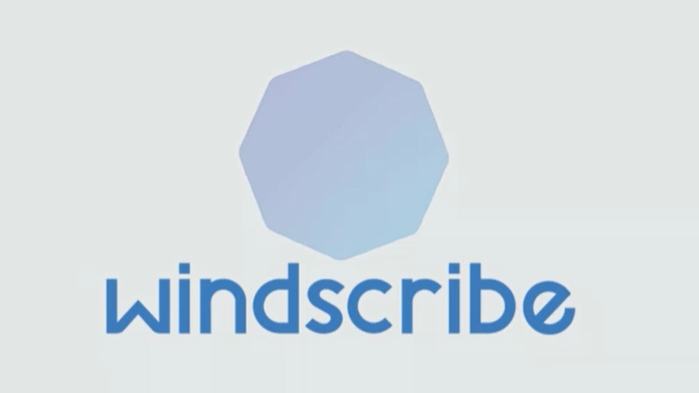
A whopping 10GB of data per month is up for grabs for free for those who sign up to Windscribe. With its freemium package, it offers access to 10 countries and works with BBC iPlayer. What’s more, it even offers unlimited connections to devices, from desktops to browsers. Although, we can imagine multiple users sucking up that 10GB limit in no time, so it’s best to keep it to one user. With stable speeds and AES-256 encryption, Windscribe offers a very attractive reason to have a free VPN, especially if 10GB is more than enough for your anonymous streaming and browsing needs.
Outlook
So, is paying for a VPN service worth it in the end? Chances are, yes, even if you don’t know it. While the free VPNs listed above provide a great value in terms of security, data caps can easily be filled within a month, even at 10GB.
Dodgy VPNs are simply too risky when it comes to your privacy and protection, especially if you find yourself on equally dodgy sites. The good news is that some of the best VPN services won’t cost you an arm and a leg, and will provide easy access to geo-locked Netflix content, which 50% of all users want anyway.
Sign up to receive The Snapshot, a free special dispatch from Laptop Mag, in your inbox.

Darragh Murphy is fascinated by all things bizarre, which usually leads to assorted coverage varying from washing machines designed for AirPods to the mischievous world of cyberattacks. Whether it's connecting Scar from The Lion King to two-factor authentication or turning his love for gadgets into a fabricated rap battle from 8 Mile, he believes there’s always a quirky spin to be made. With a Master’s degree in Magazine Journalism from The University of Sheffield, along with short stints at Kerrang! and Exposed Magazine, Darragh started his career writing about the tech industry at Time Out Dubai and ShortList Dubai, covering everything from the latest iPhone models and Huawei laptops to massive Esports events in the Middle East. Now, he can be found proudly diving into gaming, gadgets, and letting readers know the joys of docking stations for Laptop Mag.
